The arrival this past spring of an easily transmittable, frequently life-disrupting, and sometimes deadly virus profoundly impacted day-to-day activity for busy New Yorkers - including a certain socioeconomic bracket accustomed to the convenience of having all kinds of service professionals come to them, rather than the other way round. Suddenly, house cleaners, nannies, dog walkers, babysitters, and personal trainers were barred from entering the city’s co-op and condo buildings, and the residents who previously engaged those workers’ services had to either take up the slack themselves, or do without.
According to Stuart Halper, VP of Impact Management, a firm with offices in Manhattan, Queens, and several other locations, service professionals like the ones mentioned were not technically prohibited from working within individual apartments, even during the darkest days of NYC’s citywide shutdown. Rather, the near-universal decision to bar these types of workers was made by individual co-op and condo boards, and/or individual unit owners - and often by the workers themselves, who were justifiably fearful of putting themselves in harm’s way through so many potential points of exposure.
With the re-opening of commercial activity in New York State, and particularly in New York City, the former epicenter of the pandemic, these workers are beginning to return to their jobs in buildings where their free movement had previously been restricted. While most people on both sides of these transactional relationships are happy to get at least somewhat back to normal, there are still a lot of pending questions about how this all is going to work in both the short and long term - among them is the question of whether the return of service professionals poses any legal and liability issues for co-op and condo buildings.
Be Vigilant
According to Steven Sladkus, a partner with the Manhattan-based law firm of Schwartz Sladkus Reich Greenberg & Atlas, “So long as the law permits nannies, maids, dog walkers, etc. to return to their jobs, I don’t see much of a legal risk to cooperatives or condominiums, as long as proper protocols remain in effect and are enforced. These measures should include requiring masks to be worn in all common areas of buildings, social distancing in common areas, and proper sign-in with doormen or the front desk.”
Sladkus adds that he also doesn’t see many risks to either individual owners or shareholders so long as proper protocols are maintained. “That said,” he says, “if for instance a domestic helper has a fever or other symptoms, and the apartment owner doesn’t ask him or her to leave immediately --- while wearing a mask themselves, I should add --- and someone in the building contracts COVID-19 and it can be traced to the helper, there could be an issue.”
Enforcement
Boards must walk a fine line in maintaining safe conditions within buildings, while at the same time not intruding on individual rights. “Masks, and certifications that day workers haven’t experienced any symptoms, knowingly been near anyone else with symptoms, or in COVID-19 hotspot states are all reasonable things to ask for,” says Sladkus. “Some buildings want to take the temperature of people as they enter, but I believe that is a bit too invasive.”
Stuart Halper, co-owner and vice president of Impact Real Estate Management which oversees residential buildings in New York City, Long Island and Westchester, points out that enforcement is much easier in a larger building with a full staff, or that have a doorperson to monitor the comings and goings of outside employees to individual units. That said, he notes that many of the buildings his firm manages are in the outer boroughs, and often have no staff at all, aside from perhaps a super. “There’s no one there to make sure those coming and going are actually abiding by the rules,” Halper says. “That’s why so many of these people were able to continue working throughout the pandemic.”
He notes that most of these corporations and associations had no building-wide policies regarding domestic help to begin with even before the pandemic hit, so during the height of the crisis, the situation was largely un-monitorable, and therefore unenforceable. Fortunately, the vast majority of residents chose to release their domestic helpers during that period out of concern for themselves, their neighbors and their workers - and anecdotally according to several sources, many continued to pay their visiting service providers, even though those services were put on hold.
While the ultimate national trajectory of the pandemic is still very much uncertain thanks to the patchwork response efforts that have varied so widely from state to state, New York State and NYC seem to have struck a workable balance between shutdown and full speed ahead - at least for now. With residents craving some normalcy and workers in dire need of income, the return of service providers to their co-op and condo-dwelling clients is a welcome development. So while plenty of heavy questions remain, the answer for boards and residents today when it comes to visiting service workers is simply to be vigilant, be smart, and be safe.



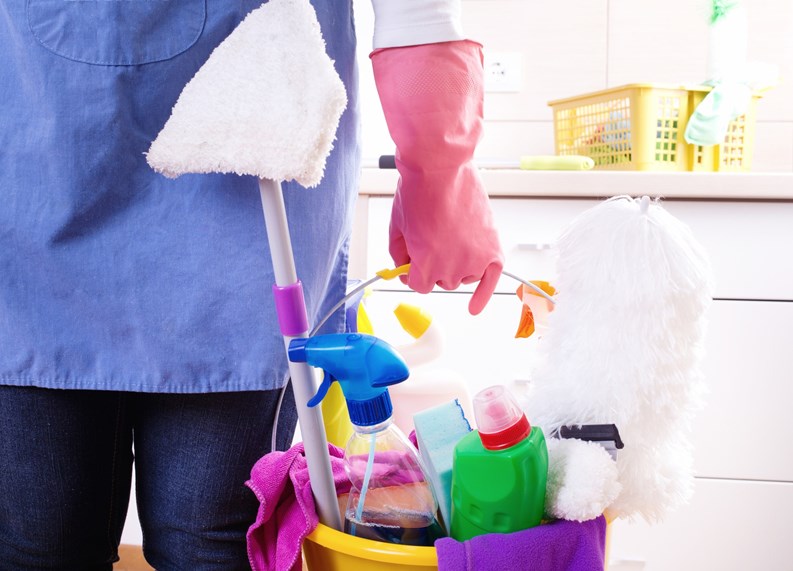

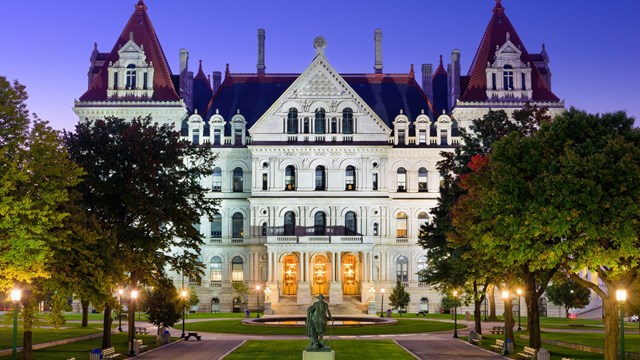
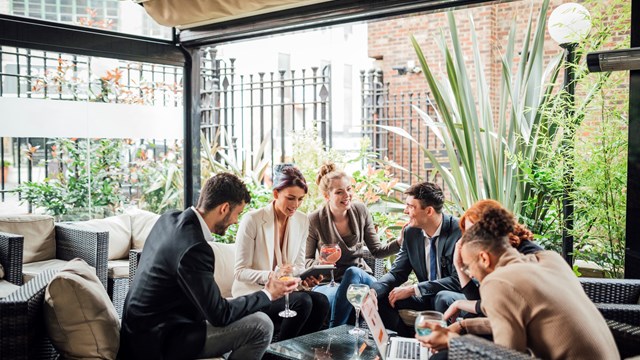
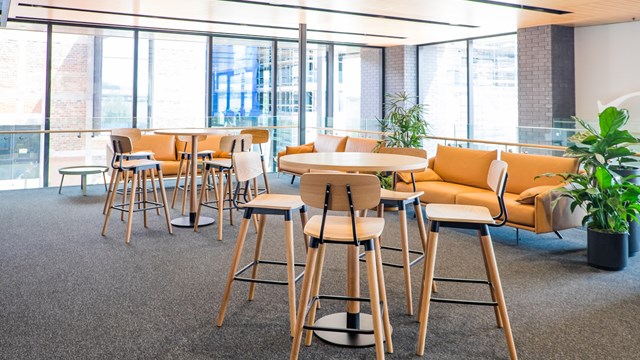
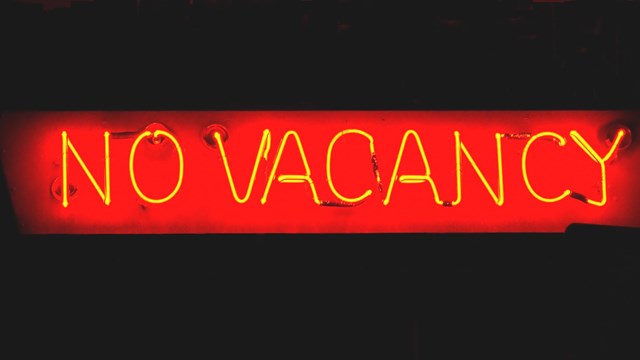

Leave a Comment